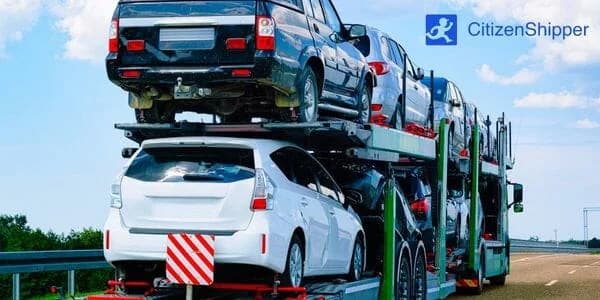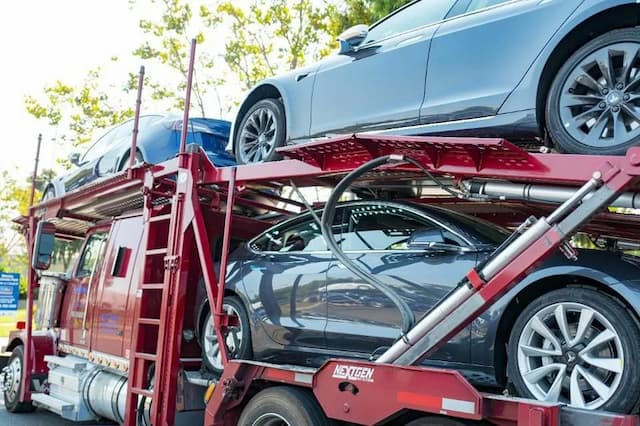Navigating Car Transport in Daytona Beach, FL
When it comes to shipping your car in Florida, there's a world of factors to consider. Florida, with its unique coastal environment, hurricane seasons, tourist traffic, and diverse urban-to-rural landscape, presents a distinct set of circumstances. But don't worry! Here at CitizenShipper, we are committed to helping you navigate through it all. Whether you're moving into or out of Daytona Beach or need to transport your car for any reason, our expert team is here to help.
Florida's Vehicle Transportation Laws & Regulations
In Florida, car transportation laws and regulations are in place to ensure the safety and preservation of all vehicles and public roadways. Auto transporters must adhere to the Federal Motor Carrier Safety Administration (FMCSA) regulations for safety. Compliance involves ensuring that all vehicles are properly secured during transport and maintaining necessary documents for every shipped vehicle.
All auto transporters operating in Florida must also possess an active MC Docket number, issued by the FMCSA. This number signifies that a transportation company is registered under the federal government, allowing them to legally operate across state lines. Florida also requires transporters to carry specific insurance coverage for vehicles in transit, protecting your car against potential damage during shipment.
Weather & Terrain Considerations in Daytona Beach, FL
Weather patterns in Daytona Beach, FL have a significant impact on car shipping. With a humid subtropical climate, you can expect hot, humid summers and mild, relatively dry winters. The city is also vulnerable to tropical storms and hurricanes, particularly during the Atlantic hurricane season from June to November, which can temporarily halt transportation services or cause rerouting.
Daytona Beach's terrain is predominantly flat coastal land, making it generally accessible for car transporters. However, the city's popularity as a tourist destination, especially during events like Bike Week, the Daytona 500, and spring break, can create traffic congestion that may affect delivery timelines. It's advisable to avoid scheduling car shipments during these peak periods if possible, or to allow for additional transit time.








